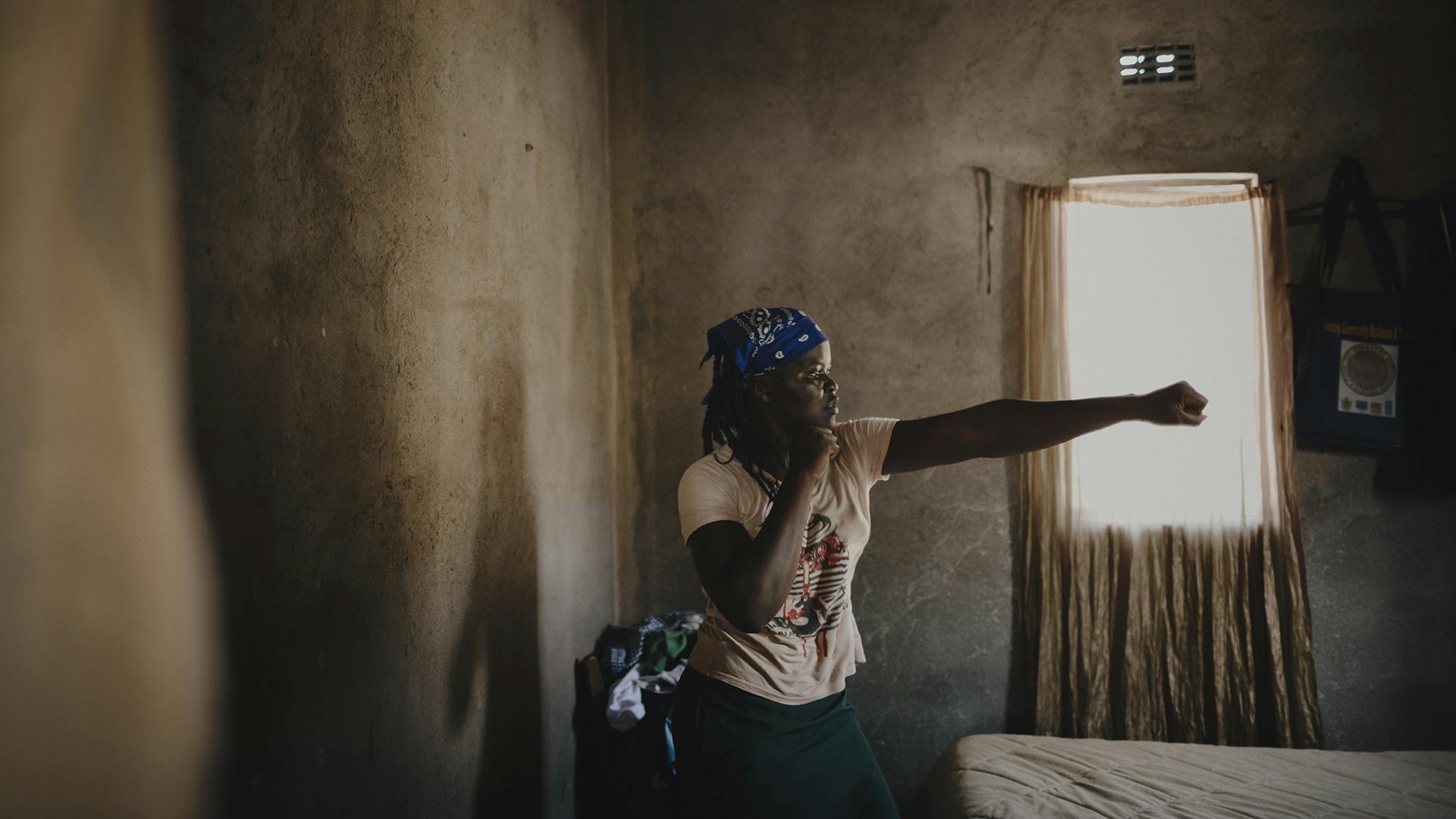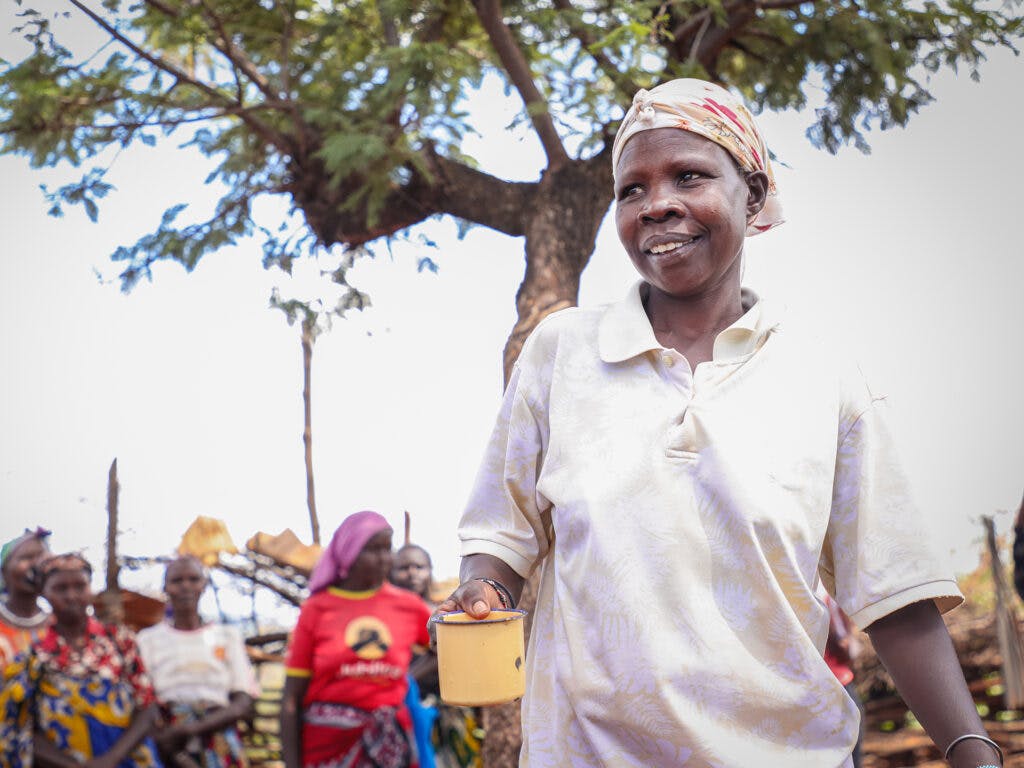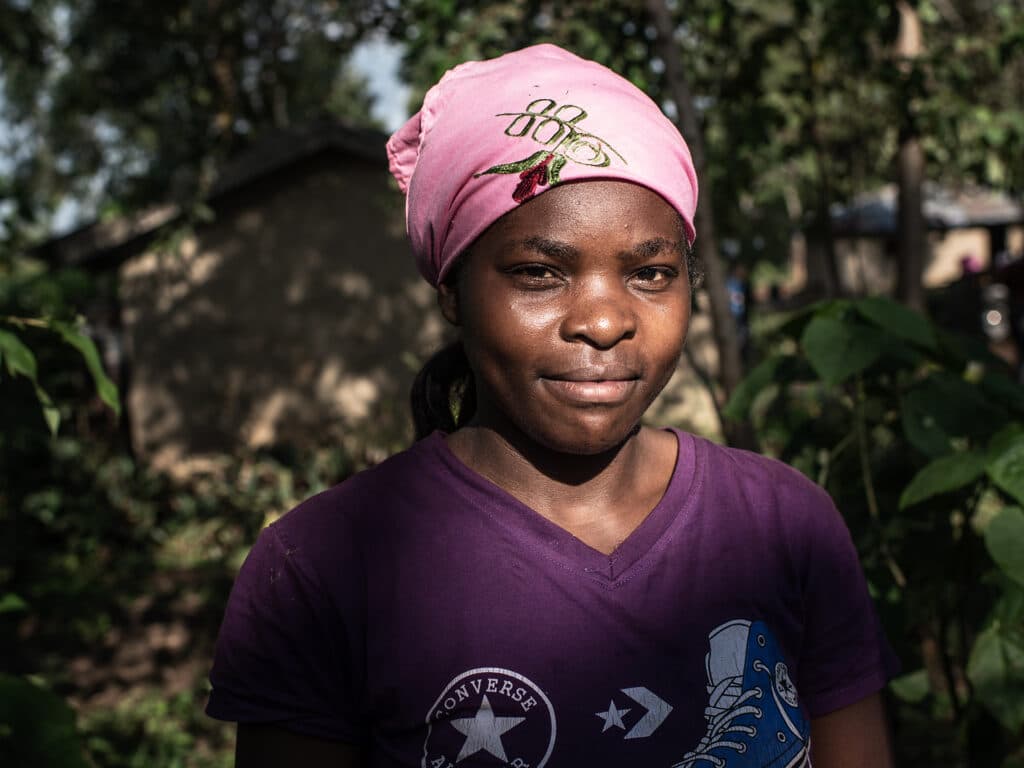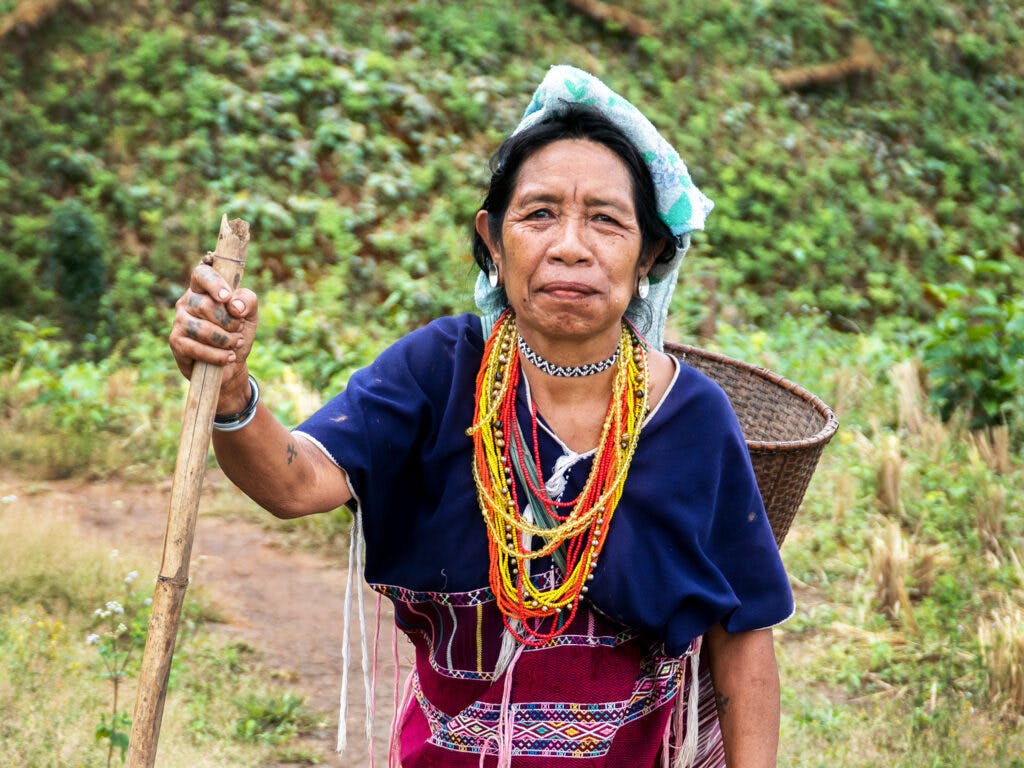
Long-term development work
Working for change
In Diakonia’s work for change we strive to establish long-term commitment with our partner organizations and to support people in finding ways out of poverty and oppression.
Long-term commitment
The expression ‘long-term commitment’ may be most important expression to use when describing how Diakonia works. Both we and our partners in our global network know that it is possible to change the world, but we also know that it takes time and requires tenacity and persistence. The partner organizations we cooperate with normally receive our support over several years.
A driving force for change
Diakonia works with the most vulnerable people, local partners and other strategic actors for the fulfilment of the right of all people to live a life in dignity irrespective of age, class, disability, ethnicity, gender, nationality, political conviction, religion, or sexual orientation and identity.
Through the support from Diakonia and our partners, marginalized people find ways to transcend poverty, for example by turning their anger at injustice into a driving force for change. They know what needs to be changed and how it can be done. Diakonia’s task is to help them reach their goals.
In Sweden we have volunteers and activists who raise money for Diakonia and arrange debates, seminars and events. They help spread information while playing an important role in the work towards achieving a more just world.
Our goal: a life in dignity
We have a working dialogue with our partner organizations. They know what they need in the location, or on the level where they work. It is Diakonia’s task to meet these needs and help partners organizations meet their goals. We are able to contribute with funds, capacity building and participation in networks. In short, we want to provide our partners with whatever they need to help people live a dignified life marked by justice and security.
We cooperate with many different types of organizations. Some work on securing livelihoods in villages or communities, while others work globally to change the structures that cause poverty. The mix of partners provides strength and knowledge. Our partner organizations can also support each other.
Diakonia's Annual reports
In Diakonia's general audited annual reports you find financial information as well as a brief narrative report of the operations, a list of partner organizations and much more.

Thematic areas
Diakonia has a general framework for our strategic work within the six themes of human rights, democratization, social and economic justice, gender equality, conflict and justice and emergency response and disaster resilience.

Mainstreamed areas
Diakonia has three mainstreamed areas that permeate our work: A gender perspective, an environmental perspective and a conflict perspective.

Guiding principles
We believe that there are certain strategies that facilitate change. This is why all of our efforts are analysed in relation to our two guiding principles: Diakonia’s Strategy for Change and good donorship and partnership.